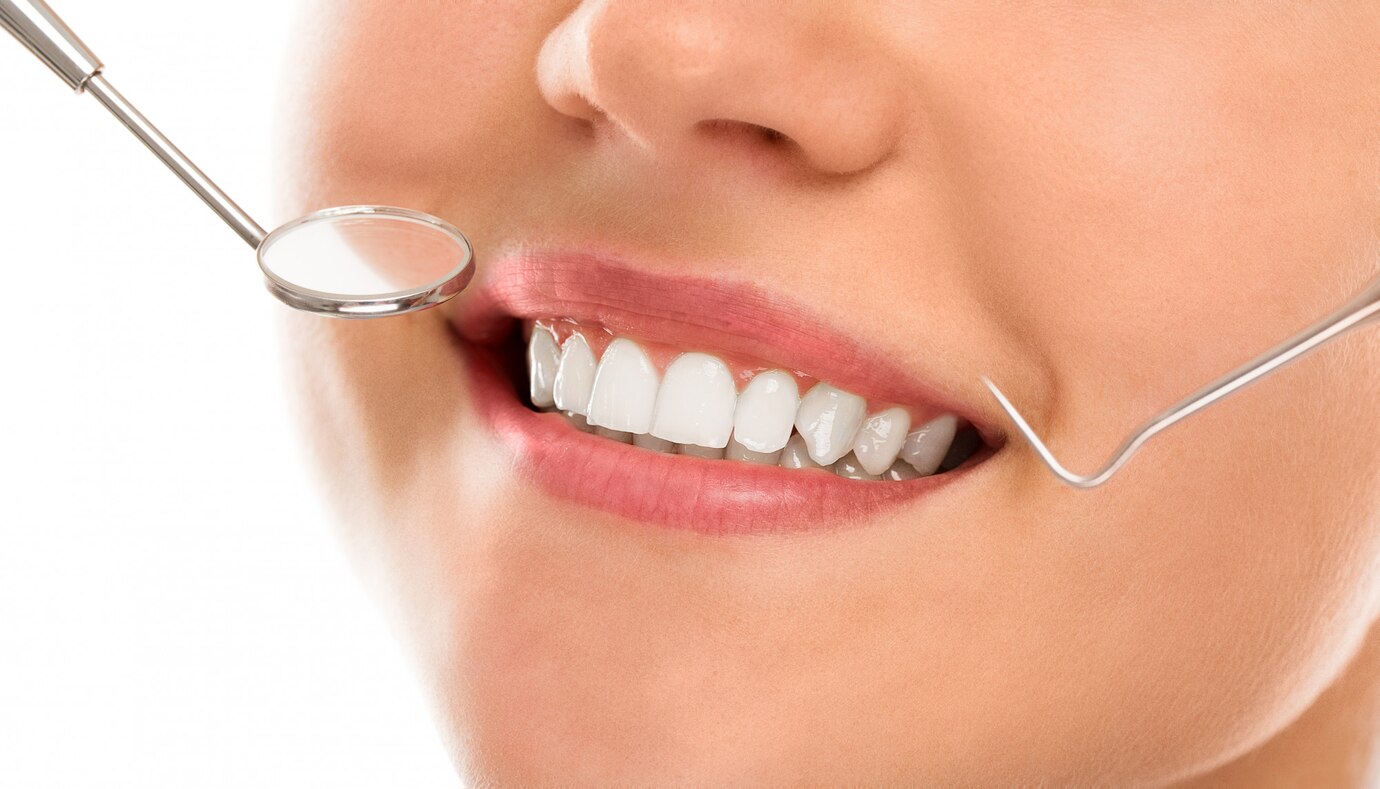Many individuals with sensitive teeth wonder if they can still achieve a brighter smile without discomfort. The good news is that sensitive teeth whitening is possible using gentle methods tailored to minimise irritation while effectively reducing stains. By choosing the right whitening techniques, you can achieve a radiant smile without compromising your oral health.
Understanding Tooth Sensitivity and Whitening
Tooth sensitivity occurs when the enamel wears down, exposing the underlying dentin. This makes teeth more reactive to hot, cold, and acidic substances. Some whitening treatments can intensify sensitivity due to the active ingredients that penetrate the enamel. However, selecting appropriate whitening solutions can help you achieve a whiter smile while protecting your teeth from further discomfort.
Gentle Whitening Methods for Sensitive Teeth
1. Use a Whitening Toothpaste for Sensitive Teeth
Specially formulated whitening toothpastes contain mild abrasives and desensitising agents like potassium nitrate or fluoride to strengthen enamel and gradually lift surface stains. These toothpastes work best when used consistently over time.
2. Try Low-Peroxide Whitening Gels
Whitening gels with reduced peroxide levels effectively brighten teeth over time while minimising irritation. These gels can be used with custom trays or as a paint-on application, offering controlled exposure to whitening agents.
3. Choose Whitening Strips Designed for Sensitivity
Gentle whitening strips contain lower peroxide concentrations and include soothing ingredients to help reduce sensitivity. These strips provide a gradual whitening effect and are a good alternative to stronger treatments.
4. Consider Professional Whitening with Desensitising Treatments
Dentists can provide professional whitening treatments that include desensitising agents to help prevent discomfort during and after the procedure. In-office treatments use controlled peroxide concentrations to safely achieve noticeable results without causing excessive sensitivity.
5. Use Natural Whitening Remedies
Baking soda, activated charcoal, and hydrogen peroxide rinses are natural options that can help lift stains without causing excessive irritation. However, these methods should be used cautiously and in moderation to avoid damaging enamel.
Tips to Reduce Sensitivity While Whitening
1. Use Desensitising Toothpaste Before and After Whitening
Applying a fluoride or potassium nitrate-based toothpaste before and after whitening can help fortify enamel and reduce sensitivity over time. This simple step can make a significant difference in comfort.
2. Limit Whitening Sessions to Prevent Overuse
Overusing whitening products can weaken enamel and heighten sensitivity. Stick to recommended usage intervals and avoid daily applications.
3. Avoid Acidic and Cold Foods Post-Whitening
After whitening, teeth are temporarily more susceptible to sensitivity. Avoid citrus fruits, carbonated drinks, and icy beverages that can trigger discomfort and erode enamel further.
4. Stay Hydrated and Maintain Proper Oral Hygiene
Drinking plenty of water and maintaining a thorough oral hygiene routine helps protect enamel, flush away food particles, and prevent staining. Brushing and flossing daily is crucial for maintaining a white smile.
5. Consult Your Dentist Before Whitening Treatments
If you have persistent sensitivity, consult your dentist before starting any whitening regimen. A dental professional can recommend safe and effective treatments tailored to your specific needs.
In summary, yes, you can whiten sensitive teeth with the right approach. Sensitive teeth whitening involves using low-peroxide treatments, desensitising toothpaste, and professional solutions designed for sensitive teeth. By taking precautions such as limiting whitening sessions, using enamel-protecting products, and avoiding acidic foods, you can maintain a bright smile without discomfort. Always seek professional advice before undergoing whitening treatments to ensure the best results for your oral health.
Read More Here









